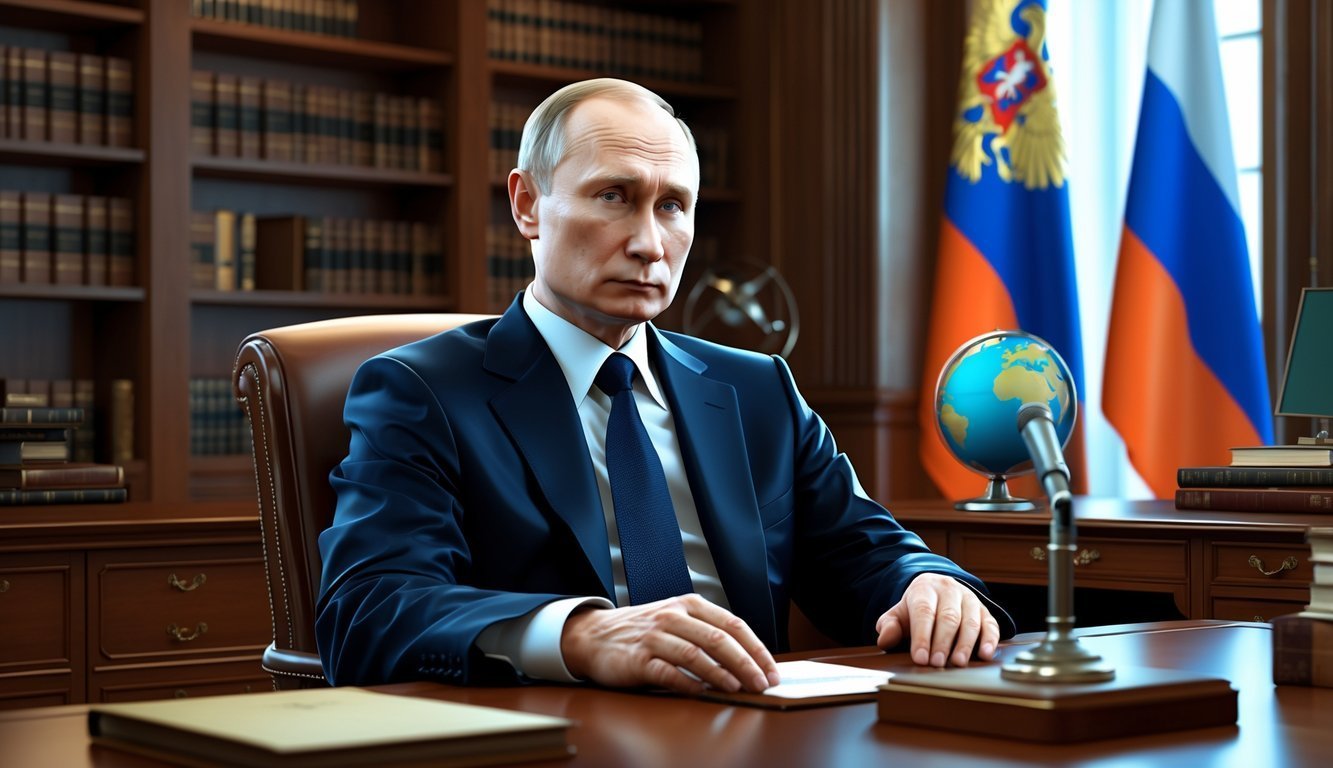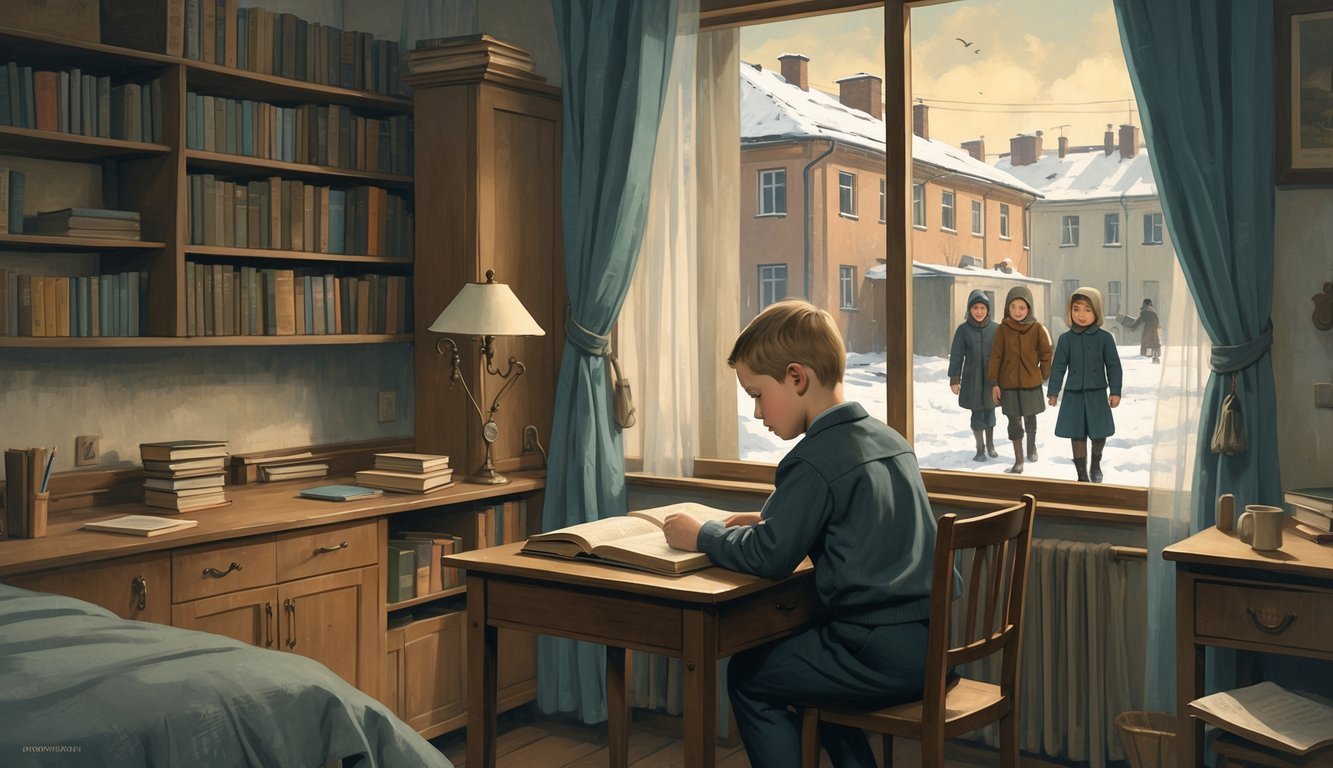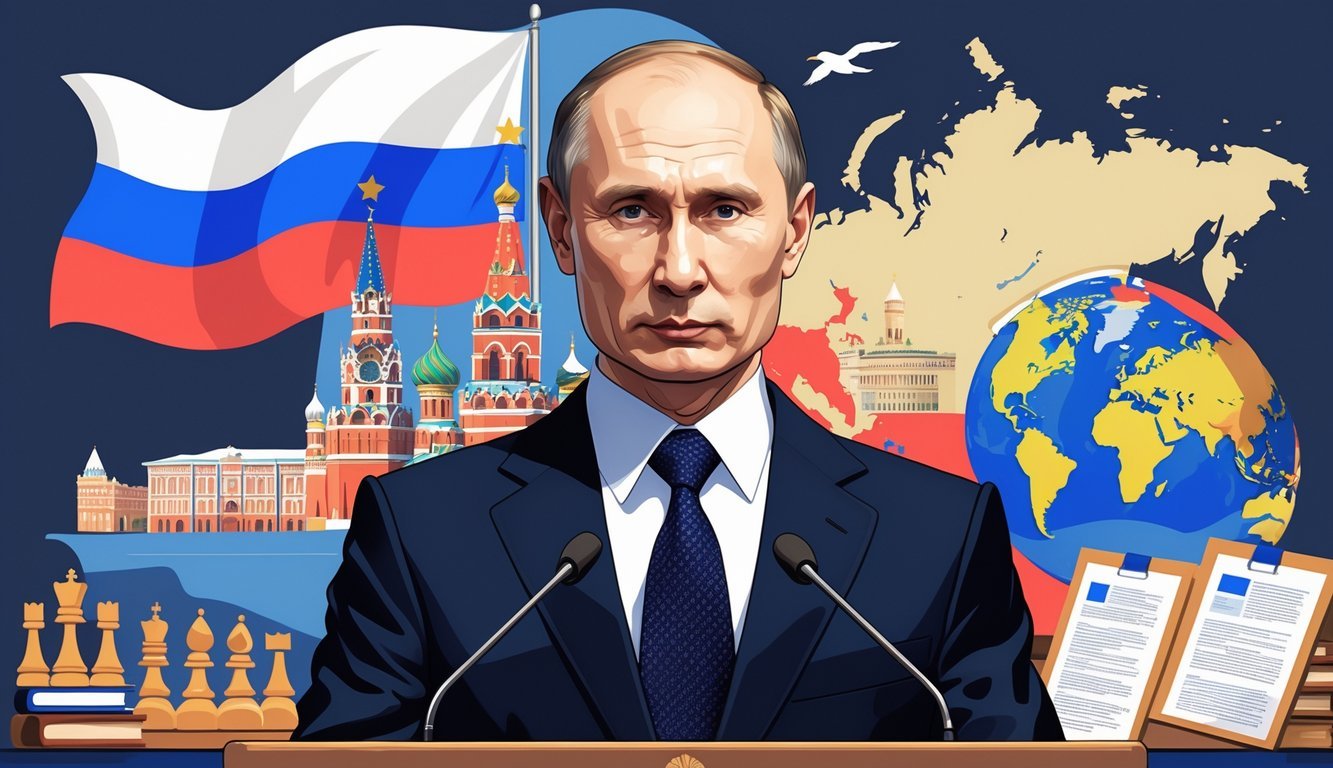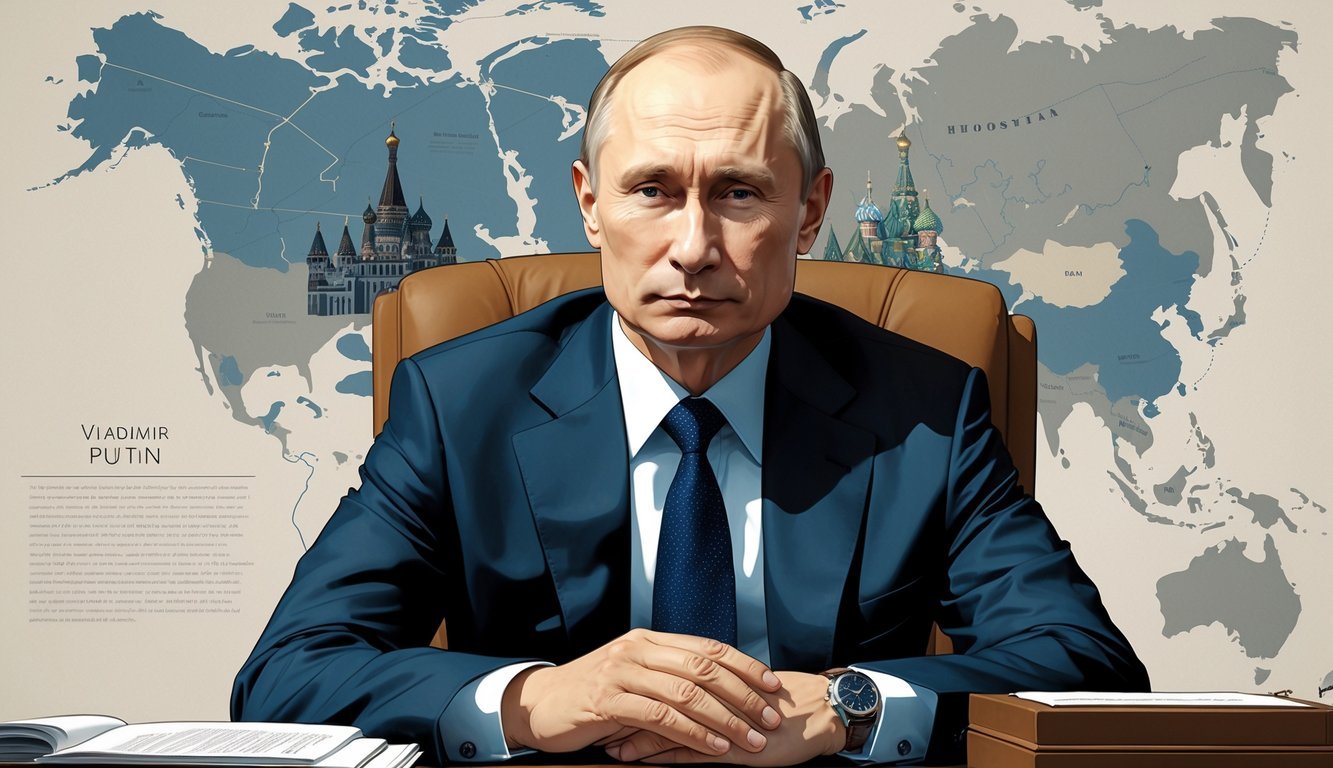Physical Address
304 North Cardinal St.
Dorchester Center, MA 02124
Physical Address
304 North Cardinal St.
Dorchester Center, MA 02124
Vladimir Putin, born in 1952 in Leningrad, served as Russia's President and Prime Minister, shaping national policies and global relations throughout his political career.

Vladimir Putin stands out as one of the most recognized Russian politicians today.
He’s spent years as both President and Prime Minister, shaping Russia’s direction through some pretty big events. If you want to understand how he became such a key figure in global politics, it helps to look at his life up close.
Putin came into the world in 1952 in Leningrad, which you probably know as Saint Petersburg now.
He worked in Russian intelligence before politics ever crossed his mind, and that experience really shaped his path.
His story isn’t just about power—it’s about how a kid from an ordinary family ended up leading an entire country.
If you’re curious about how Putin’s early years and career led him to stay in power for so long, you’ll find the main events and facts that define his life right here.

Are you tired of spinning your wheels and getting nowhere? Simply put, you’re out of sync: you’re out of alignment with your astral configuration.
But: there’s a kind of map that can help you reclaim your alignment. Think of it as your own personal blueprint to success and happiness: a blueprint that will help you live your most amazing life.
Get started here.
Let’s dive into Vladimir Putin’s family roots, his early years in Leningrad, and the way his education set the stage for everything that followed.
These little details give you a sense of what shaped him before politics ever entered the picture.
Vladimir Putin was born on October 7, 1952, in Leningrad, now Saint Petersburg.
His father, Vladimir Spiridonovich Putin, worked in a factory and fought in World War II.
His mother, Maria Ivanovna Shelomova, also worked in a factory.
Putin had two siblings, but one brother died during World War II before Putin was born.
His family shared a small communal apartment with other families.
Life wasn’t easy, but his parents did their best to provide for him.
They didn’t have wealth or power—just the ordinary life of Soviet citizens.
This tough background gave Putin a sense of discipline and a kind of resilience that stuck with him.
Growing up in Leningrad after the war was rough.
The city still showed the scars of World War II, and young Vladimir had to figure out how to get by in that environment.
He started practicing martial arts early on, especially judo, which helped him build confidence and some serious physical skills.
By his teenage years, people already saw him as tough and determined.
He also got really into history and politics as a kid.
Even with all the challenges, he stayed focused and kept pushing for a better future.
In 1970, Putin began studying law at Leningrad State University.
That was a big deal, since the university was one of the top places to learn under the Soviet system.
His tutor, Anatoly Sobchak, would later become a well-known reform politician.
While at university, Putin joined the Communist Party of the Soviet Union.
Lots of students did this if they hoped for a government career.
Joining the party helped him make some important connections.
He graduated in 1975 with a law degree and then joined the KGB as an intelligence officer.
His education gave him the tools he needed for intelligence work and helped him move up in the Soviet system before politics took over his life.

Vladimir Putin’s career mixes intelligence service, government jobs, and long stretches as Russia’s president.
His leadership has shaped Russia’s policies, global relationships, and the country’s whole political landscape.
After finishing law school in 1975, Putin joined the KGB, the Soviet Union’s security and intelligence agency.
He worked as a foreign intelligence officer in East Germany during the late 1980s and saw major events like the fall of the Berlin Wall up close.
When the Soviet Union collapsed, Putin moved into politics.
He worked in Saint Petersburg’s city administration, eventually serving as first deputy mayor, before heading to Moscow to join the presidential staff in the late 1990s.
In 1999, Boris Yeltsin picked Putin as prime minister.
When Yeltsin resigned on December 31, Putin suddenly stepped in as acting president.
He then won the 2000 presidential election.
Putin’s rise happened during a time of political instability.
His leadership promised stability and strong government control.
This pattern kept going as he built support through elections and some clever political moves.
Putin served as president from 2000 to 2008, switched to prime minister from 2008 to 2012, and then came back as president in 2012.
He pushed through constitutional amendments that let him stay in power even longer.
He focused on strengthening the federal government and security services, especially the Federal Security Service (FSB), which replaced the KGB.
His policies aimed to boost Russia’s economy and put more state control over major industries.
Putin dealt with conflicts like the Chechen Wars, sending Russian troops to fight separatists.
He also oversaw the 2014 Winter Olympics in Sochi, which became a symbol of national pride.
On the international front, Putin led Russia during the 2008 invasion of Georgia, the 2014 annexation of Crimea, and the military invasion of Ukraine that began in 2014 and escalated in 2022.
These actions led to economic sanctions from Western countries.
Putin’s Russia often pushes back against NATO expansion and opposes Western policies.
Putin’s time in power has drawn criticism for corruption, election fraud, and restricting democracy.
Political opponents like Alexei Navalny and Mikhail Khodorkovsky ended up imprisoned or exiled.
Events involving journalists such as Anna Politkovskaya, and critics like Alexander Litvinenko, have raised concerns about media freedom.
You’ll notice Russia keeps a tight grip on media and the internet, enforces anti-gay laws, and cracks down on protests—these controversies keep coming up.
Putin’s relationships with other world leaders can be all over the place.
He’s met with Angela Merkel and Joe Biden, trying to work through issues like arms control and security.
His interactions with the U.S. have included tense moments over elections, like the alleged meddling in the 2016 U.S. presidential election.
Diplomacy gets especially tricky with conflicts in Syria and Ukraine.
Still, Putin manages to stay a central figure in global politics through the Kremlin and the Security Council.

Here’s a quick look at the most important moments in Putin’s career, his family, and how his early life shaped him.
You’ll also find some insight into his education, beliefs, and the key events during his time as Russia’s leader.
Putin started out as a KGB intelligence officer before stepping into politics.
He became president of Russia in 1999, served until 2008, and then again from 2012 to now.
In between, he took on the role of prime minister.
Putin married Lyudmila Shkrebneva, but they divorced in 2013.
He has two daughters, Maria and Katerina, who keep their lives private.
His parents both worked in Leningrad factories.
Putin was born in Leningrad in 1952.
Growing up in a tough, shared apartment during Soviet times taught him discipline and focus.
Living in a city recovering from World War II shaped his views on strength and survival.
Putin puts a lot of value on order, strength, and patriotism.
He believes in strong state control and in restoring Russia’s position as a global power.
His background in intelligence makes him cautious and strategic.
Putin rebuilt the Russian economy after the rough 1990s and put Russia back on the world stage.
Still, his leadership links to human rights concerns, conflicts, and limits on press freedom.
Putin studied law at Leningrad State University and graduated in 1975.
That degree opened doors for him, and he went on to work in the KGB for many years before stepping into politics.